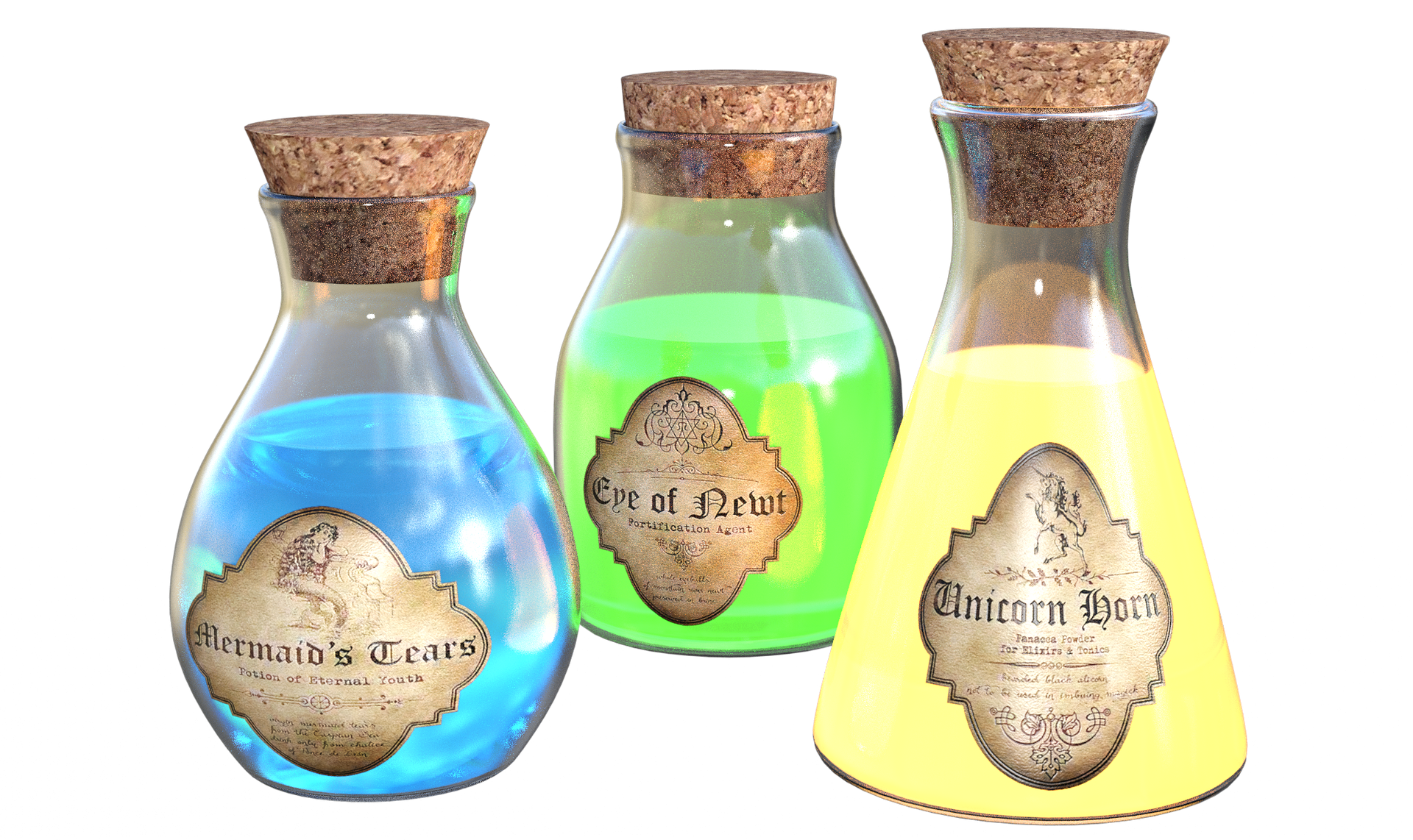What exactly do I mean by the term “narrative alchemy”? For some people, the term may sound archaic, confusing, or spooky. Perhaps it conjures up images of magic potions or cauldrons. Isn’t alchemy just some debunked pseudoscientific gibberish from the Middle Ages?
In a sense, yes. But it’s also more. Most people who know a little about classical alchemy think of it as a primitive form of chemistry, attempting to transmute lead into precious metals like gold. If you’ve read Harry Potter and the Sorcerer’s Stone, you’re probably thinking of Nicholas Flamel right about now.
The psychologist Carl Jung may have been the first modern person to suggest that classical alchemy uses the transformation of one metal into another as a metaphor for refinement of the self. In a Jungian sense, alchemy is what some would call the Great Work: transforming one’s own weaknesses and fears (lead) into strengths or assets (gold). The ultimate goal of this Great Work is self-actualization… or enlightenment, if you prefer the more traditional term. When Jung spoke of alchemy in his work, this is what he meant.
Narrative alchemy (NA) is a set of techniques for promoting personal growth, learning, and transformation via role-playing games and game characters. While it is a self-help and peer support system rather than therapy, it shares some techniques with both narrative therapy and drama therapy. It is both a play style, and a meta-game-system enabling players and GMs to safely incorporate that play style into any existing role-playing game. On this site, you’ll find how-to guides, personal accounts from players, research, videos, and other information relating to the practice of AG. This method is still evolving, and will ultimately become whatever serves each LARP or tabletop RPG community best. However, the general rule is this: if your alchemical gaming doesn’t make the game more fun for you in some way, you should find a new approach. It should enhance your play experience, not take away from it.
NA is designed for reasonably mature and responsible adults who know their own limits, and should be practiced in a gaming environment where the player feels safe and accepted. Some players will find NA helps with processing bleed, while others may discover it causes bleed to become more intense. Holding a short debrief session after each game session is strongly recommended. If you work with a therapist or psychologist, you should inform them of what you are doing and why, to ensure they agree it is safe for you at this point in your life.
Likewise, the Great Work in general and NA in particular can work as spiritual practices, but need not be considered spiritual in and of themselves. Secular humanists and devout medieval alchemists alike would agree that embodying one’s own truest and highest self is the greatest gift any person can give to others. Or as a friend of mine first put it:
“We dance to grow stronger.
We play to finish the Work.
That Game is all that matters,
Disregard if you’re a jerk.”
In the past, I aimed to make this site a comprehensive resource for articles, books, games, videos, and other resources related to positive bleed and /or the transformative potential of role-playing games. The library pages have not been updated in several years, but I remain proud of them.

